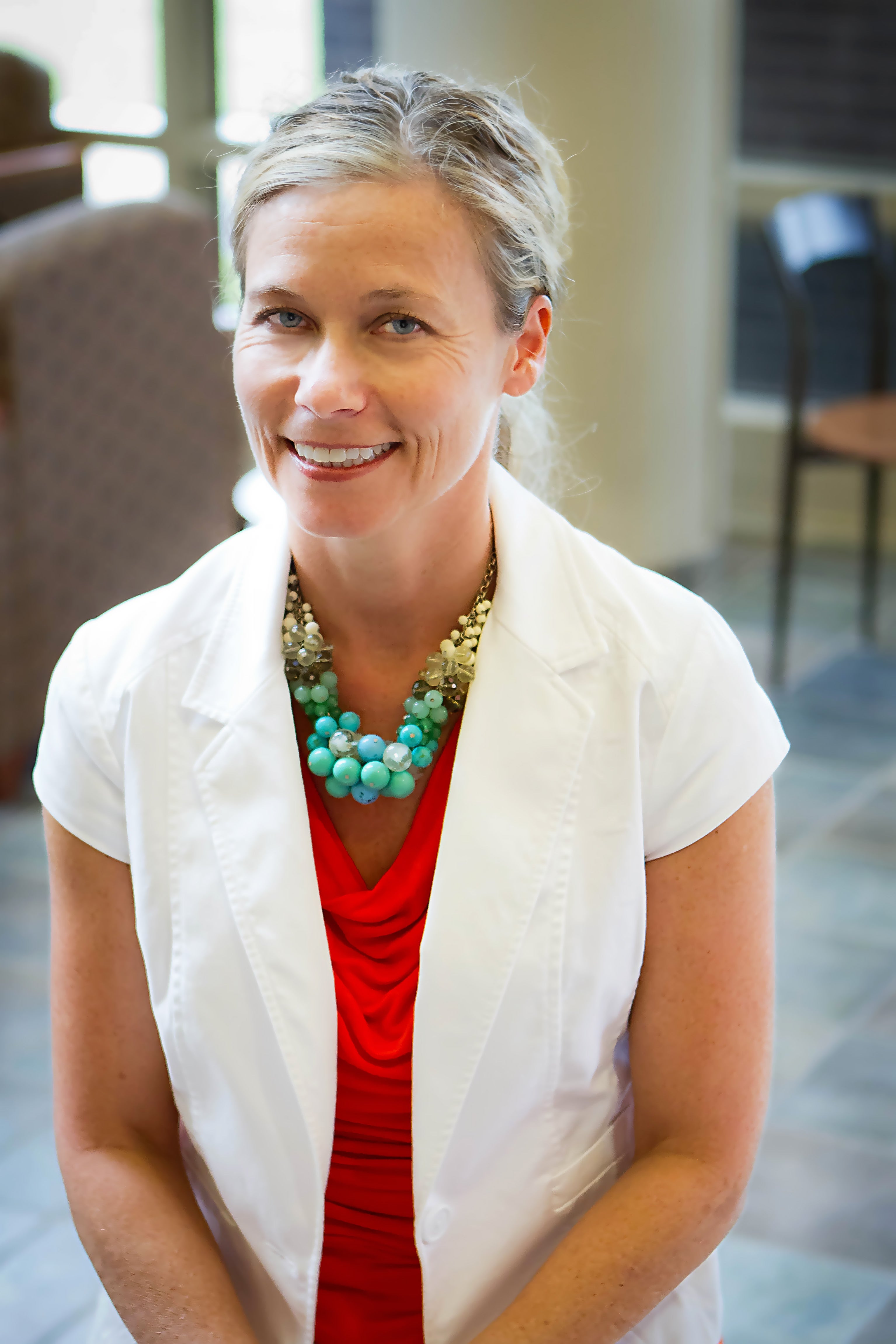
Anyone who has gone through the program at the Center for Bariatrics at Bailey Medical Center will tell you surgery is not “the easy way out.” Weight loss surgery does not change the way decisions are made. Post-op, you will still need to think about what you eat. In fact, in the first weeks and months, you’ll think about what and when you eat more than probably any other time in your life. However, to be successful after surgery you need to change the way you think about food to effectively change the way you make decisions about food. Psychologist Dr. Jenny Wood, Ph. D., meets with patients prior to and after surgery to talk about this process. She joins us today on the blog to give insight into how changing the way we think about food works.
“Many people find that they begin to think about food as fuel, rather than seeing food as comfort, a friend or as a way of coping,” says Dr. Wood of counseling patients throughout the program. For those who are worried they will always be anxious about food choices, she says that is not always a bad thing. “Being anxious about food choices can often lead to better planning and overall healthier choices,” adds Dr. Wood. “Anxiety can cause problems if it gets out of proportion and becomes paralyzing. In that case, counseling can be helpful to help redirect the anxious energy into healthier actions.”
The biggest shift in thinking, Dr. Wood says, comes from changing the way we cope with various triggers and stressors in our daily lives. Instead of handling a bad day at work by going through the drive-thru on the way home, post-op thinking aims to introduce new coping skills, healthier in nature. “People often surprise themselves with how creative they can become in finding new and more healthy or adaptive ways to cope,” says Dr. Wood.
As coping skills evolve, eating is replaced with activities like going for a walk, taking an exercise class or listening to calming music. What is important to know, Dr. Wood tells patients, is that these new coping skills can be learned, just as were the old coping skills.
“Oftentimes, use of food for coping is a learned habit that becomes a knee jerk reaction,” she says. “People can learn to be more in control of their coping through counseling or listening to support group members talk about what they have done to cope.”
However, it does not happen overnight.
“Like learning anything new, it takes practice, patience and persistence,” Dr. Wood adds. “The desire to change is the first step! From there, seeking support from group members and your support team will help you make the changes stick.”
Being mindful of food changes after going through the program Dr. Wood says. “A large component of health and wellness is knowing what your body does and does not need to “fuel” the lifestyle you want to lead and the way you want to feel,” she explains. “This takes thought and planning before action. A difference may be that thoughts about food will change from being fear- and anxiety-based to being confidence- and assurance-based. Once this happens, people actually can learn to enjoy thinking about food and can help support others make these changes.”
If you would like to learn more about our support group meetings available throughout Northeastern Oklahoma for pre-op and post-op patients, please click here.
